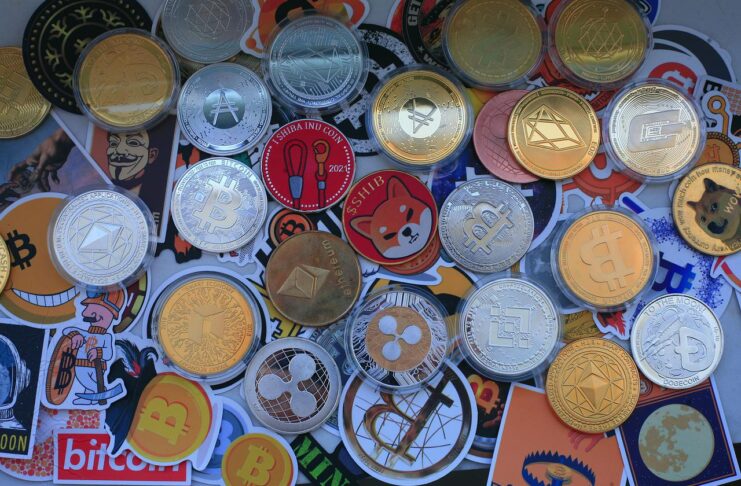As a cryptocurrency trader, you constantly worry about losing your investment by holding the wrong position. So you have to be diligent, keep a keen eye on the ever evolving market, and react to any changes. Unfortunately, as well as volatility in the market, there are other ways you can lose a crypto investment.
Security and privacy are also significant elements to ensure you get right. For instance, malware can log your details and expose it to people with malicious intent. Furthermore, if your security measures are rudimental, it could make it easy for hackers to clean out your accounts and leave you penniless. Therefore, taking the proper security precautions and ensuring your safety while trading crypto on exchanges is essential. In a bear market, where overall activity is lower, it could be very easy for people to leave wallets or apps to run in the background, this can result in missing an untoward activity in them.
Top Ways to Stay Secure Online When Trading Cryptocurrencies
1. Use multiple password authentication methods
The first thing to do is make sure you have activated a 2-factor authentication in the exchange app for all transactions. The multi-password authentication requires you to provide at least two verification codes when logging into your account, making it harder for anyone to get their hands on both.
2. You should transact on a secure network
You should avoid using public WiFi when carrying out cryptocurrency transactions. Using an open network will expose you to easy interceptions from tools such as Wireshark. Hackers can gain access to your transactions and even take control of your account. So avoid public WiFi and use a VPN.
3. Use an exchange with market credibility
Exchanges facilitate cryptocurrency trading, and finding a reputable and safe company to host your transactions is crucial. One thing to look out for when choosing an exchange is the trading volume it handles and whether external financial institutions regulate it.
Although hundreds of cryptocurrency exchanges exist in the industry, only a few can be considered safe and carry the reputation as market leaders. The top ones are coinbase, Binance, Gemini and FTX. Join crypto forums and social media pages to keep up with the changing crypto environment.
4. Use a strong password
Your first line of defense is your password. A solid password is hard to crack and will keep your account secure. To implement a secure password, you must combine numbers, symbols, and upper and lower-case letters. Also, make sure the password is more than 16-characters long.
However, a strong passcode is not enough. You also need to keep changing it regularly to avoid scammers ever learning your patterns or guessing it. Furthermore, ensure you don’t share details of your cryptocurrency trading account with anyone.
5. Use a safe and legit exchange
There are many crypto exchanges available online, and the majority are safe and legit. However, no one is protected online from scams and hackers.
Specialists at CryptoMonday.de, a German cryptocurrency website, explain that when looking for the best German crypto exchange, you should take the verification process as a good indicator that the exchange is legit as the verification process is required by law.
To trade cryptocurrency, you need to operate an account through an exchange. And the ability of the exchange to hold your funds securely is crucial. So you need to assess every varying security measure and market reputation to determine which exchange to use in trading cryptocurrency.
However, with this content, we hope you’ve got an idea of where to start, what security measures to look out for, and crypto exchanges to consider. So go out there and trade carefully, but most importantly, successfully.
DisClamier: This content is informational and should not be considered financial advice. The views expressed in this article may include the author's personal opinions and do not reflect The Crypto Basic opinion. Readers are encouraged to do thorough research before making any investment decisions. The Crypto Basic is not responsible for any financial losses.



